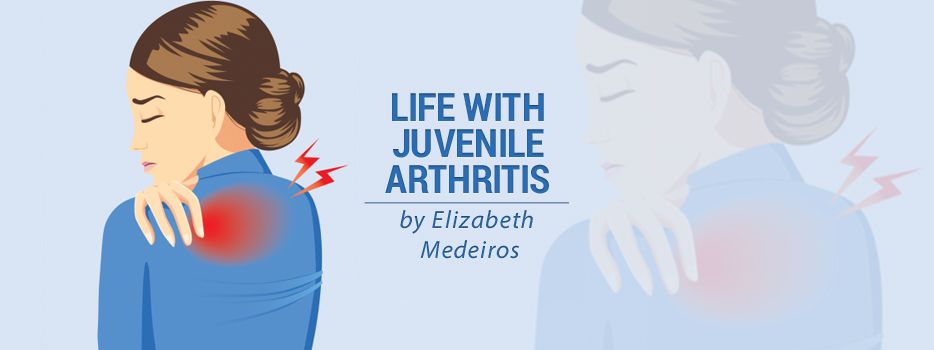When you say “juvenile arthritis,” many people imagine it’s the same disease that affects older people. (Hint: It’s not.) But despite having an “old person’s disease,” kids and teens with JA are just that: kids and teens.
Some may be a little wiser and more mature than others their age, often because they’re around many adults due to doctors’ appointments or sitting on the sidelines. But they’re still kids, and they need guidance and even discipline sometimes.
Some parents may find it hard to discipline their child with JA. It’s not easy to scold your child. And you may be incredibly hesitant when you think they might’ve acted out because they were in pain. But it’s essential for parents of kids with JA to strike a balance with discipline.
Consistency is key
It’s essential to set age-appropriate expectations and rules for your child and be consistent with them. Of course, it’s reasonable to be lenient with some expectations during flares. But generally, consistency with behavioral expectations, even during flares, will help your child or teen understand what’s appropriate and what’s not. It will be less confusing for them overall, because they may not understand why one behavior was OK when they were sick but not when they’re doing better.
Sometimes, JA pain triggers undesirable behavior for some kids. You may need to try to develop some coping mechanisms together. If your child is exceptionally irritable due to morning stiffness and pain, you may consider ways to help them try to calm down.
It could be that your child needs a little extra time to warm up in the morning, perhaps by having some alone time. Or that they should shower or bathe in the morning so the warm water can wash away the pain and the grumpies.
I have to have some time to relax, eat something, and take my medicine before I can function in the morning, both physically and emotionally. Different things work for different people.
Even adults struggle
Remember, chronic pain and exhaustion can be extremely frustrating, and even lead adults to have the occasional breakdown. (I’m guilty of that.) Sometimes, kids melt down because they’ve had enough of feeling sick, are totally overstimulated, or just had a long day. Acting out can be their way of saying, “Hey, I’ve had enough!”
Your child may be going through a lot, and allowing them to be open with you about how they’re feeling helps. On a hard day, it might help to offer to let them have a vent session with you so they can get out any built-up emotions. Or, they may want to talk to a therapist and work out coping strategies with them. It doesn’t matter who they’re talking to, as long as they are expressing their pain in a healthy manner.
***
Note: Juvenile Arthritis News is strictly a news and information website about the disease. It does not provide medical advice, diagnosis, or treatment. This content is not intended to be a substitute for professional medical advice, diagnosis, or treatment. Always seek the advice of your physician or other qualified health provider with any questions you may have regarding a medical condition. Never disregard professional medical advice or delay in seeking it because of something you have read on this website. The opinions expressed in this column are not those of Juvenile Arthritis News, or its parent company, BioNews, and are intended to spark discussion about issues pertaining to juvenile arthritis.

